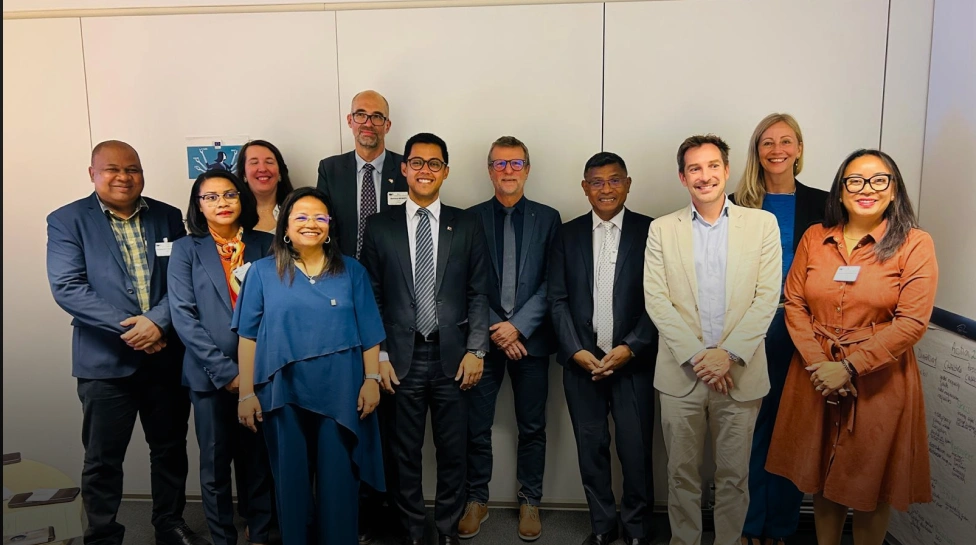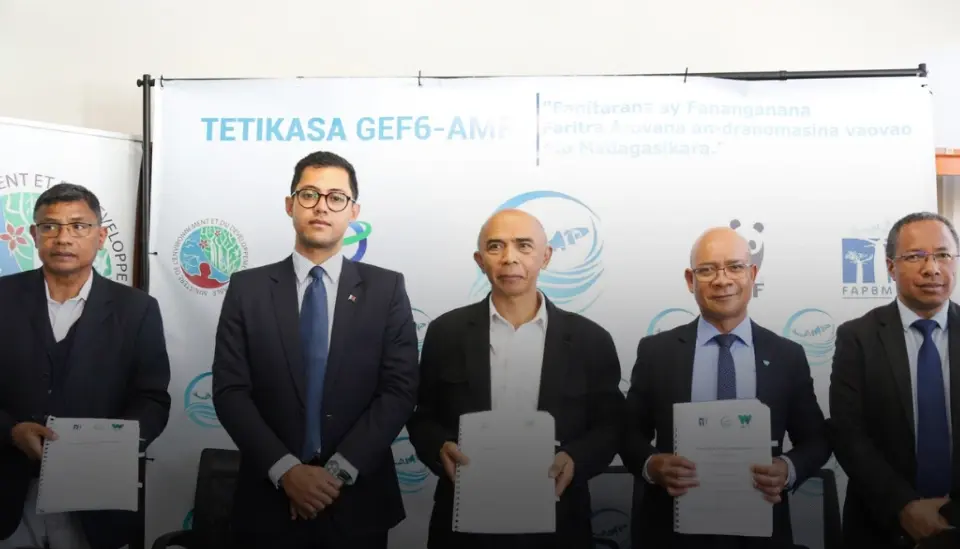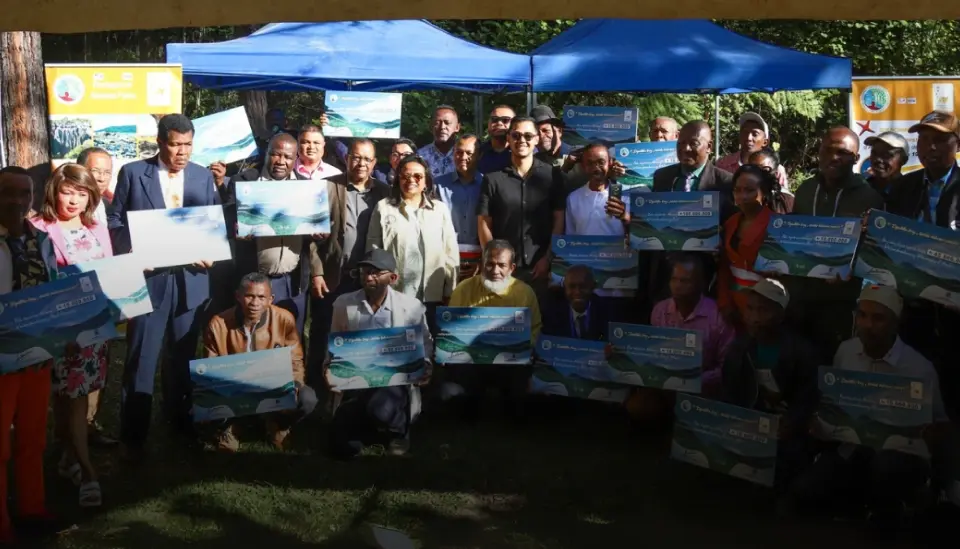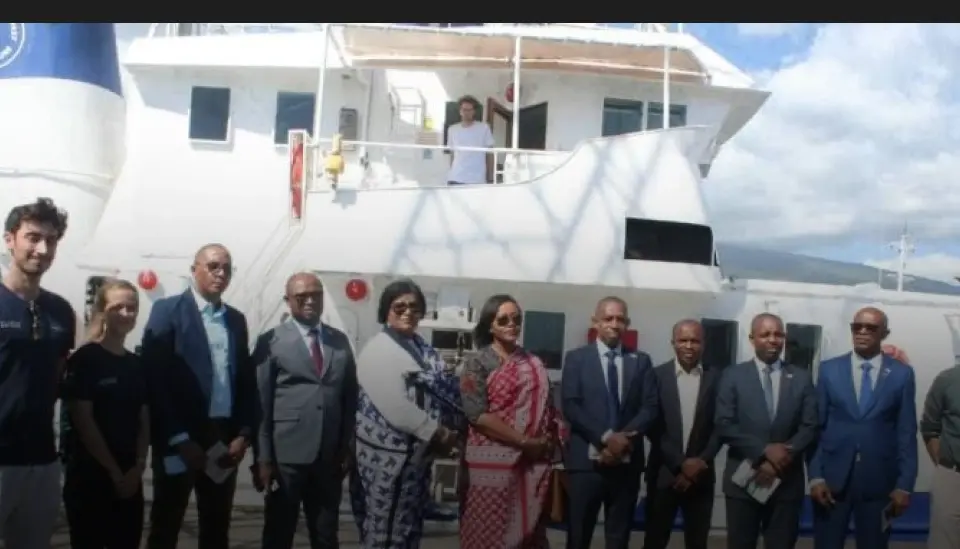The local communities at the heart of the Coelacanthe Park
The Coelacanth National Park becomes the heart of an ambitious project combining environmental protection and local economic development.
The Marine Spatial Plan, piloted by FAO and UNEP in partnership with the Ministry of the Environment, focuses on sustainable ecotourism and the active participation of local communities.
Faced with the growing pressures on the park, overexploitation of marine resources, conflicts between fishermen, deforestation of mangroves and degradation of coral reefs, the project proposes concrete solutions according to the communiqué shared by the FAO.
The mapping of fishing areas makes it possible to reduce conflicts and improve local governance. The identification of new natural reserves protects emblematic species, such as the coelacanth, while guaranteeing the sustainability of marine resources.
But the initiative goes beyond conservation. The development of sustainable ecotourism sites creates “blue” jobs for the inhabitants, offering economic alternatives that respect the environment.
The income generated is directly reinvested in communities, strengthening their resilience to the effects of climate change and promoting better waste and resource management.
Experts emphasize the importance of a scientific and participatory approach. The local communities, essential stakeholders of the project, are trained and involved at every stage, thus ensuring the sustainability of the initiatives and the long-term success of the program.






